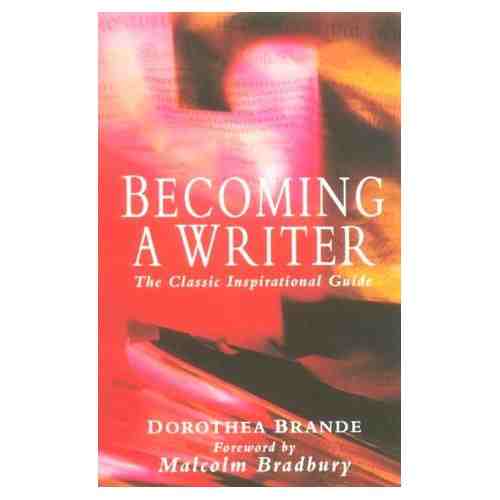Massive Open Online Courses or MOOC’s are university short courses taught by leading academics. Many MOOC’s use a host platform to teach a course, such as edx.org and are delivered across a number of media, including video, textbooks, workshops and social media.
For writers, MOOC’s can inspire, teach and inform. They can give writers an opportunity to explore different subjects, without committing to completing a course. The student is in full control, can learn at their own pace and with no expectation to complete assignments. The commitment levels vary from just four hours a week, perfect for those with work commitments, and often the course is free – so perfect in times of austerity. My first MOOC, 24.00x Introduction to Philosophy: God, Knowledge and Consciousness saw me challenge my thinking and open my eyes to new ideas and theory. I signed up with an open mind, and with little expectation but I came away – having completed every assignment and receiving a 90% final mark – with a huge sense of achievement and joy. I had always wanted to learn Philosophy but had never had the opportunity. I loved the challenge as each week we were taught new concepts, learning to question everything, and coming away with a realisation that we may never know the answers to much at all. The course subject might not be an obvious choice for a writer, but I found that it set off my creative thinking and inspired new stories.
I’m still navigating myself around the various platforms, and learning more about myself: having signed up to dozens of courses, but only ever completing two. I prefer Edx.org which house courses from some of the best universities in the world including MIT and Harvard – I love the sometimes whacky teaching styles over those I’ve taken on FutureLearn.com, a UK based platform which seem much sombre and academic.
As MOOC’s are still relatively in their infancy you may need to be patient with the process – you may need to take some time out to figure out the platform, and make the most of all the resources on offer. During our Philosophy class we were given links to chapters of academic texts which was a bonus, as it meant not having to be burdened with trudging to the library to find the text was already on loan. You may also need to persevere – I signed up to a few just to get a feel for the academic style – and had to drop courses where I just didn’t enjoy the mode of teaching.
You can find courses on hundreds of subjects, anything from Entrepreneurship, Mathematics to Coding. Some of them can be of more obvious help if you are writing about a say a gifted prodigy, or looking at morality in your fiction but you can also find specific creative writing courses.
Recently I’ve signed up to How Writers Write Poetry (currently ongoing) and How Writers Write Fiction (starts in September, link below) which are taught by University of Iowa but there’s a healthy range of courses you can dip into at your own pace, including archived courses.
Here’s a list of new courses for writers that you can sign up to today for free:
The Art of Poetry starts in September
How Writers Write Fiction starts September 26
An Introduction to Journalism starts September 29
Shakespeare and his World starts September 29
Shakespeare: On the page and in performance starts October 1
Start Writing Fiction starts October 27
You can find more courses over on Canvas.net, Coursera.org, edx.org, Futurelearn, Open2Study,

